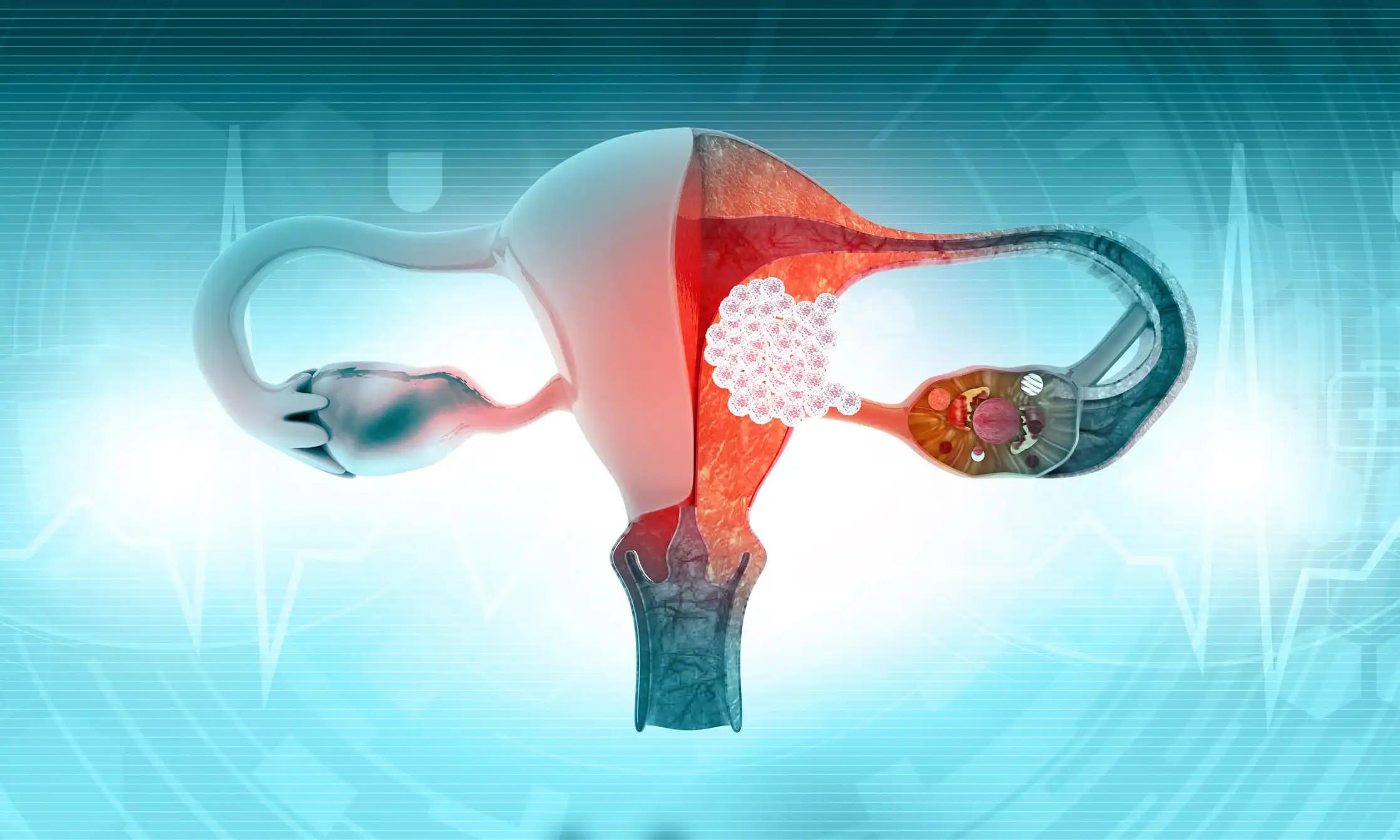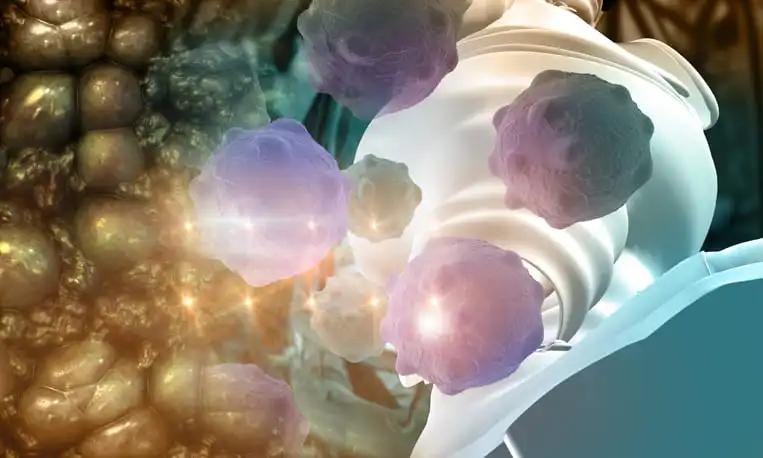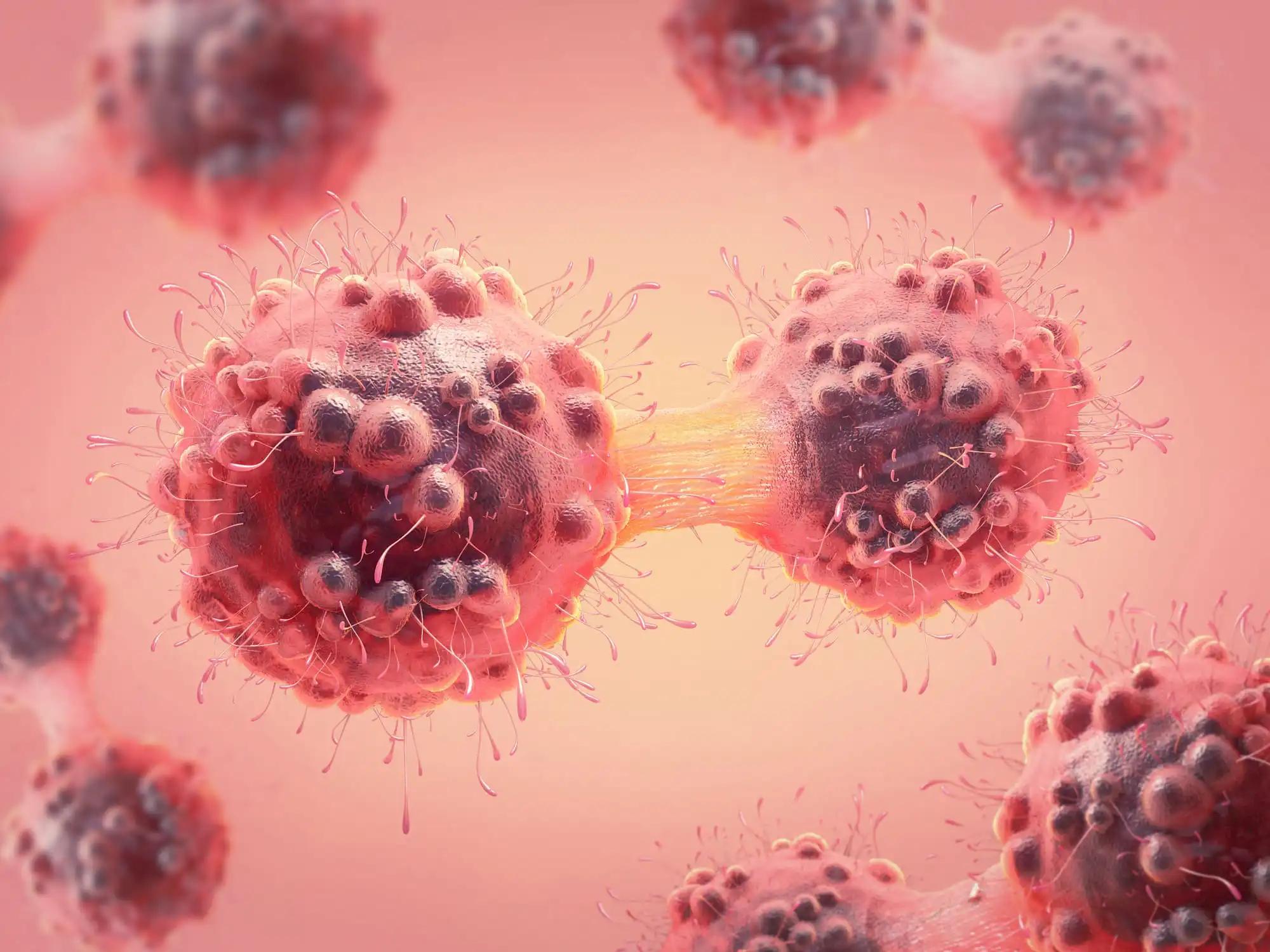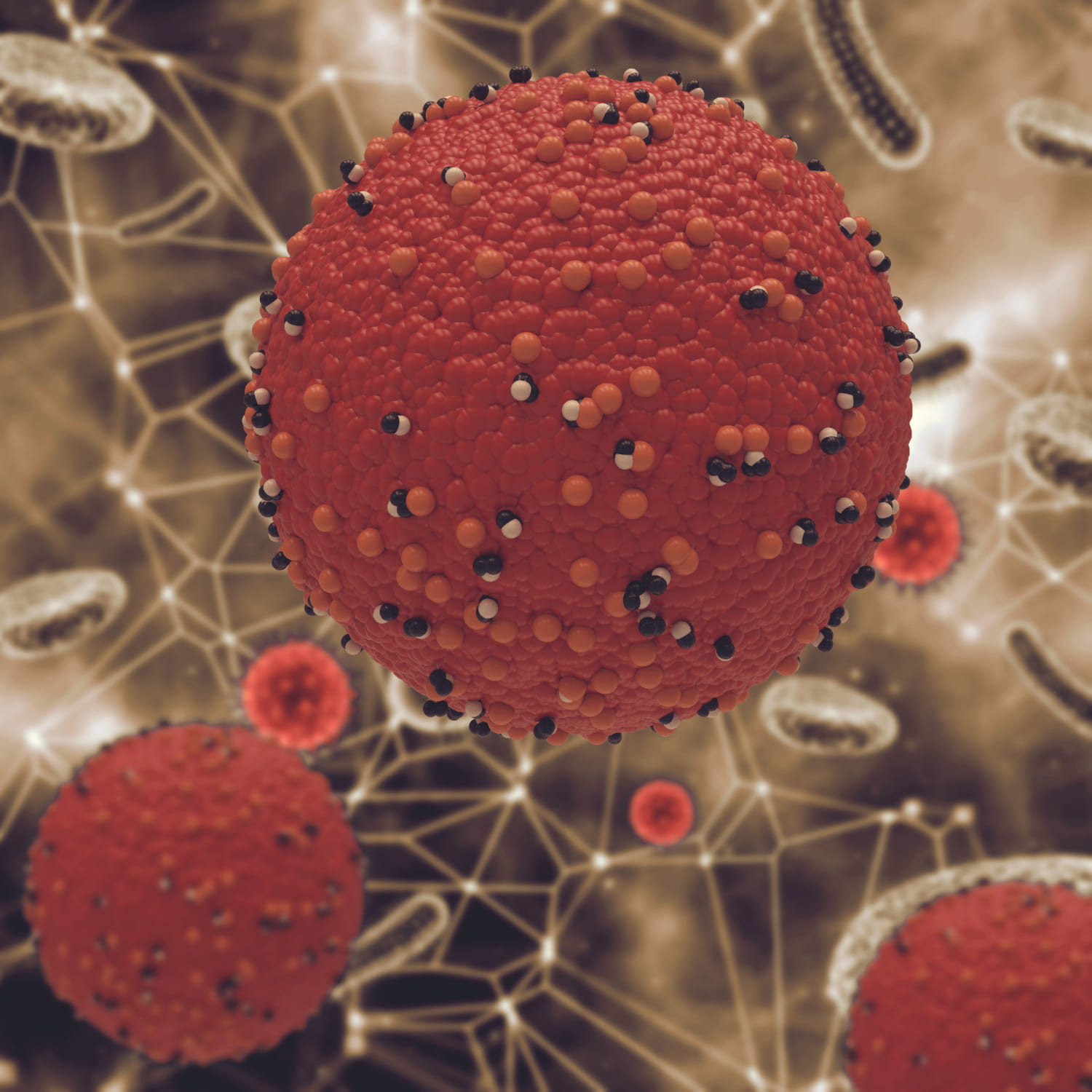KEY TAKEAWAYS
- The study aimed to investigate the efficacy of PARG inhibitors as alternative therapeutic strategies for overcoming resistance and immunosuppression in DDR-deficient OC.
- Researchers noticed that targeting PARG in OC has dual benefits. This offers promise for overcoming resistance and improving immunotherapy efficacy.
Ovarian cancer (OC) poses a significant challenge due to its high mortality rates and limited treatment options post-standard therapy failure. Despite the effectiveness of poly(ADP-ribose) polymerase (PARP) inhibitors in DDR-deficient OC, resistance and immunosuppression hinder their efficacy, prompting the exploration of alternative therapeutic avenues. Poly(ADP-ribose) glycohydrolase (PARG) inhibitors present a promising class under investigation in preclinical and clinical cancer studies.
Antons Martincuks and the team aimed to assess the efficacy and potential of PARG inhibitors in overcoming resistance and immunosuppression in patients with OC.
Researchers performed an inclusive analysis using a PARG small-molecule inhibitor, COH34, and a cell-penetrating antibody targeting PARG’s catalytic domain to investigate its effects on signal transducer and activator of transcription 3 (STAT3) in OVCAR8, PEO1, and Brca1-null ID8 OC cell lines and immune cells.
The study examined PARG inhibition-induced effects on STAT3 phosphorylation, nuclear localization, target gene expression, and antitumor immune responses in vitro, patient-derived tumor organoids, and an immunocompetent Brca1-null ID8 ovarian mouse tumor model mirroring DDR-deficient human high-grade serous OC. The effects of overexpressing a constitutively activated STAT3 mutant on COH34-induced tumor cell growth inhibition were also tested.
The study observed that PARG inhibition effectively downregulates STAT3 activity via dephosphorylation in OC cells. Notably, the overexpression of a constitutively activated STAT3 mutant in tumor cells mitigates the growth inhibition induced by PARG inhibitors.
Moreover, PARG inhibition reduces STAT3 phosphorylation in immune cells, activating antitumor immune responses. These findings were evident in immune cells cocultured with OC patient tumor-derived organoids and in immune-competent mice bearing mouse ovarian tumors.
The study concluded that targeting PARG unveils a novel antitumor mechanism extending beyond its primary effects by inhibiting DDR in OC. Additionally, PARG inhibition triggers antitumor immune responses, suggesting a potential enhancement of response rates to immunotherapy among OC patients.
The study was sponsored by the City of Hope Markel-Friedman Accelerator Fund, and Grants from Rivkin Center for Ovarian Cancer and the Mary Kay Foundation (HY).
Source: https://pubmed.ncbi.nlm.nih.gov/38580335/
Martincuks A, Zhang C, Austria T, et al. (2024). “Targeting PARG induces tumor cell growth inhibition and antitumor immune response by reducing phosphorylated STAT3 in ovarian cancer.” J Immunother Cancer. 2024 Apr 5;12(4):e007716. doi: 10.1136/jitc-2023-007716. PMID: 38580335; PMCID: PMC11002370.









